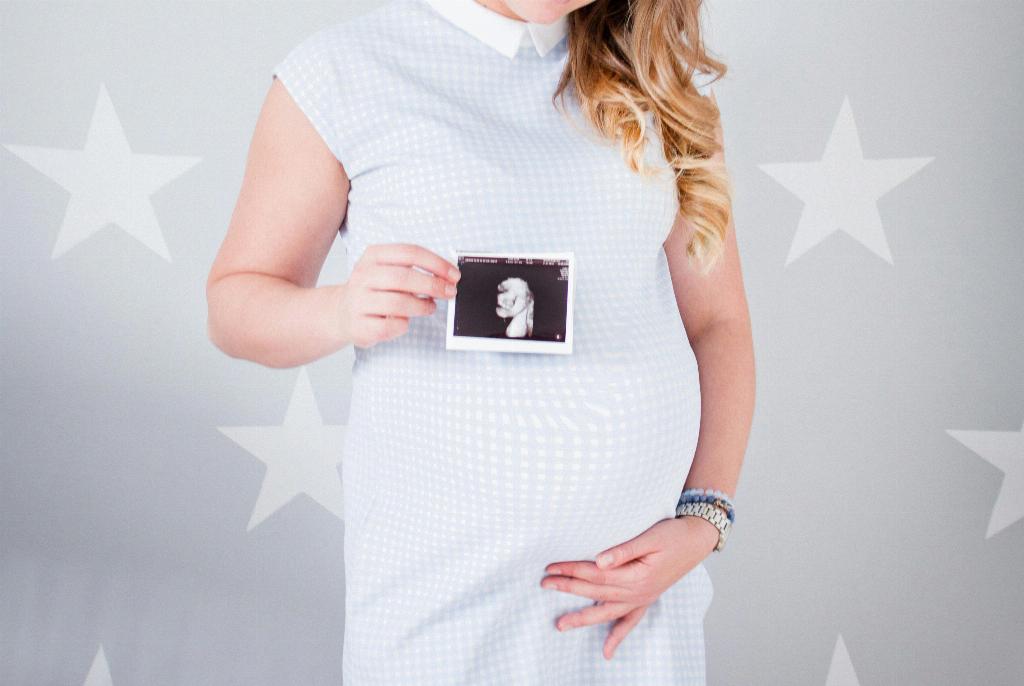It’s natural to feel eager and anxious to find out if you’re pregnant at just 3 weeks, but it’s important to know that taking a home pregnancy test at this early stage may not yield accurate results. Understanding how pregnancy tests work and the timeline for hormone detection can provide clarity.
How Pregnancy Tests Work
Home pregnancy tests detect the presence of the hormone human chorionic gonadotropin (hCG) in urine. This hormone is produced by the developing placenta after a fertilized egg attaches to the uterine lining. The levels of hCG increase rapidly in early pregnancy, but it may not reach detectable levels in urine until a few days after implantation.
Timing is Key
At 3 weeks, you are likely in the earliest stages of pregnancy. While some sensitive early pregnancy tests claim they can detect hCG before your missed period, the accuracy of these tests may vary. It’s best to wait until closer to the time of your expected period for more reliable results.
Understanding hCG Levels
The levels of hCG in your body increase rapidly during the first few weeks of pregnancy. At 3 weeks, the concentration of hCG might still be too low to be detected by a home pregnancy test. Waiting a bit longer can increase the likelihood of an accurate result.
Factors Affecting Test Accuracy
Various factors can affect the accuracy of a pregnancy test, including the sensitivity of the test, the timing of when you take the test, and individual differences in hCG production. It’s important to follow the instructions provided with the test and consider these factors.
When to Take a Pregnancy Test
For the most accurate results, it is generally recommended to wait until after your missed period to take a pregnancy test. Waiting until around week 4 or later can increase the chances of detection if you are indeed pregnant.
Managing Expectations
It’s crucial to manage expectations when it comes to taking a pregnancy test at 3 weeks. While the anticipation and desire to know are understandable, patience is key in ensuring the reliability of the test results.
Consulting a Healthcare Provider
If you suspect you may be pregnant but receive a negative result on a home pregnancy test at 3 weeks, consider consulting with a healthcare provider. They can provide guidance on next steps and offer a more definitive answer through blood tests or other diagnostic methods.
Emotional Well-being
Waiting for results from a pregnancy test can be a rollercoaster of emotions. It’s important to take care of your emotional well-being during this time, whether the results turn out as expected or not. Reach out to supportive friends or family members if needed.
Understanding the Process
Each individual’s body and pregnancy journey are unique. While it may be challenging to wait for definitive answers, understanding the process of pregnancy testing and the factors involved can help you navigate this potentially uncertain time.
Future Steps
If your test results are negative at 3 weeks but you suspect you may still be pregnant, consider retesting after a few days or waiting until closer to your missed period for more conclusive results. Always remember that every pregnancy is different, and timing can play a significant role in test accuracy.
Final Thoughts
Ultimately, while it may be tempting to take a pregnancy test at 3 weeks to alleviate uncertainty, it’s essential to understand the limitations of early testing. Patience, accurate timing, and managing expectations are crucial aspects to consider when awaiting the results of a pregnancy test.

